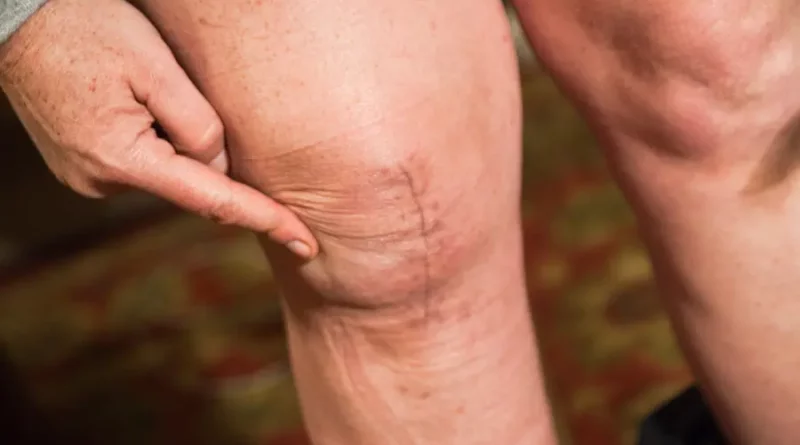A Guide to Recovering from Surgery
Most people try to avoid surgery as much as possible, but this isn’t always possible. And in most cases, surgery is a good thing, as most surgeons will only operate if they feel that the surgery will improve your quality of life, or if they have no other option.
Most of the time, the surgery itself won’t affect you too much, as you will likely be under anesthesia. However, once that and the pain meds wear off, you may be in a lot of pain and also have other symptoms related to surgery. This is why it’s so important that you properly recover from surgery. If you’re not sure how to do that, this post will have some helpful tips that you can follow.
Try to have someone to help you
People often struggle to do everyday tasks after surgery. Their surgery may limit their movement, or they may simply be too weak to properly take care of themselves.
This is why you should consider having someone help you in the days after surgery. Simply having someone around to help you with cooking and cleaning will give you more time to rest and heal, and it’s also good to have someone around in case something goes wrong.
If you can’t have someone stay with you, you should at least consider getting a medical alert system, so that if something does go wrong, the right people can be notified. Before you make a decision, however, you should look into a comparison of medical alert systems to help you choose the best option.
Make sure to rest up
It may sound cliché, but it’s true: your body needs to rest in order for it to recover. Even if you feel fine after your surgery, or if your surgery wasn’t major, you need to understand that your body went through a lot, and it needs time to recover.
This is why you shouldn’t push yourself too hard too soon after surgery. You will likely be more prone to injuries as well as diseases because of your body’s weakened state, so it’s best to take some time to rest and build your strength up as soon as possible.
Move your body
We know we just spoke about the importance of rest, but you will likely also have certain orders from your doctor that will help you recover faster.
Very often, your doctor will send you to a physiotherapist so that you can work on building strength in the bones and muscles affected by the surgery. Your physiotherapist will then give you certain exercises that may help you achieve this. Be sure to do these exactly as prescribed, and if there are any changes in your routine, you should talk to your healthcare provider about them.
Drink your medication
After surgery, you will likely need to drink a lot of different types of medication. These can include pain medication, blood thinners, and antibiotics to ward off infection,
It’s very important that you take your medication as prescribed. This means making sure to take the correct dosage at the correct time. You may feel a bit groggy after your surgery, so setting reminders for your medication can be helpful.
Go for a follow-up appointment
Even if your surgery went smoothly and as planned, your doctor will likely want to see you at least once afterward to ensure that you are recovering correctly and that there aren’t any complications.
Many people assume that if they feel fine after surgery, they can skip the follow-up appointment, but this is simply not true. These appointments help you take charge of your health because you will be able to gain insight into how your body reacted to the surgery, and how it is recovering. As mentioned, there could also be complications that aren’t necessarily immediately evident, which is why it’s vital that you see your doctor for a follow-up.
In conclusion
Going for surgery can be a terrifying experience, especially if you’ve never had surgery or if you’re going for a serious operation.
However, you need to remember that doctors are professionals who will always have your best interests in mind, so try to trust them. After all, it is often the case that surgery is something out of our control. That being said, what you are in control of is the recovery process. Of course, unexpected things can still happen, but you can do the responsible thing and follow your doctor’s orders to help you recover as quickly and effectively as possible.

